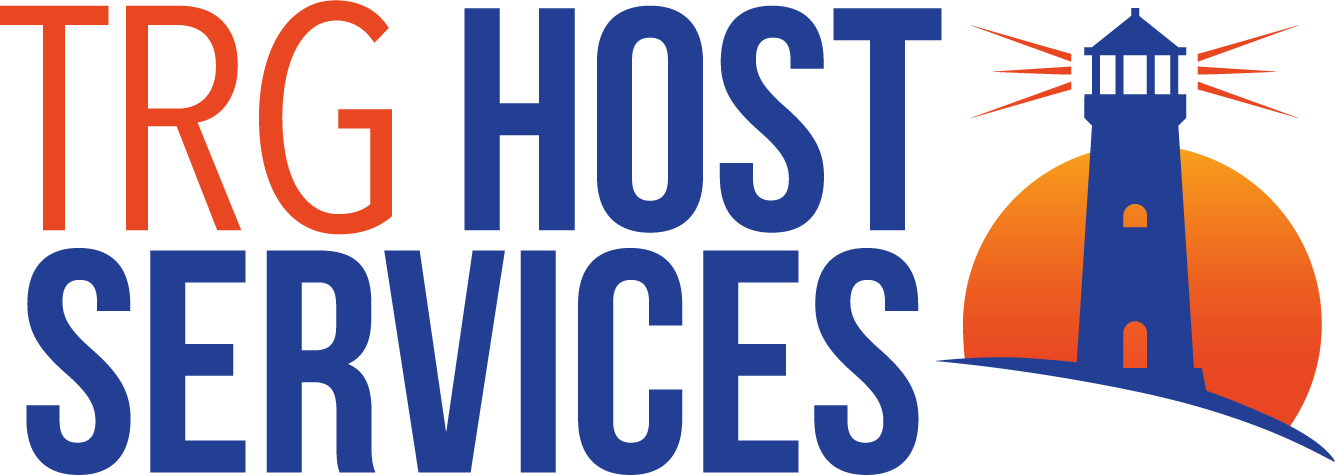Qualifying Your Client Begins with a Conversation
Con-ver-sa-tion. Noun. A talk, especially an informal one, between two or more people, in which news and ideas are exchanged.
As a travel advisor, a successful booking begins with qualifying your client. By assessing their expectations, needs and budget you will learn if they are a good fit for the services you provide. If they are, you will then use your expertise to do the necessary research to pair them with a product or destination that checks all their important boxes, ensuring a successful and rewarding trip for them, return business for you, and referrals to their friends.
How do you get to know your client? Begin with a conversation that is an exchange of ideas and information. Talking with your client and asking open ended questions helps you discover their likes and dislikes, everything from preferred activities and food allergies to the number and ages of the people in their travel party and the reason they are travelling.
You want to collect as much personal information as you can before recommending or selling any trip. The more you know up front helps you create the best itinerary for your client.
A conversation is the starting point as you garner the necessary information. For example, the names of their dog, cat, horse or cow; upcoming family celebrations, like 50th anniversaries or significant birthdays; names of their children; best childhood memory; hobbies; types of cars they like; drink preferences; are they action oriented or do they need an afternoon nap; do they prefer to sit poolside or take a hike.
And, while all those fun facts will be useful in planning their trip, it’s essential to learn the following as everything else builds on the answers to these questions:
• The reason your client is travelling
• Whether their travel dates are flexible
• What their budget is
• Have they researched the destination they want to visit
For example, clients travelling to a wedding generally have a fixed date, while someone who wants to spend a week on a Caribbean island is probably more flexible, meaning you have some leeway in finding the best deals for their vacation.
Never assume you know a client’s budget. If your client has gone on a three-day girlfriend weekend previously, but now wants to take a weeklong second honeymoon with her sweetie, a frank budget discussion needs to take place, so that you can make the best decisions for them during your planning. And asking about any research they have done on their potential destination helps focus the conversation, saving you unnecessary research into places/activities they are not interested in.
You are building a picture of the kind of experiences they want to have, as well as their expectations, as you create their itinerary. Do they have cats named Sparky, Louise and Pete? They might like to visit a cat café. Are they afraid of heights? Well, you certainly don’t want to book them on a canopy tour. Are they wine lovers? Maybe a couple of vineyard tours can round out their trip. Do they prefer to share a bed or like their own space? Keep that in mind, when you are checking hotel rooms. Are they window seat or aisle travellers? You want them to be as comfortable as possible during their flight.
Read between the lines and ask follow-up questions. What’s the best trip they ever took? What did they like most about it? What did they like least? Did they have a favorite restaurant? What made it memorable? What was their worst restaurant experience? What made it so bad?
Don’t be afraid to tell them a personal short story. A conversation always involves give and take. Sharing information about yourself helps build trust.
A successful conversation helps you qualify your client and helps you match them and their preferences with the best destinations and products to ensure they have a wonderful time and can’t wait to travel again.
Stay tuned for a future blog in which we’ll outline how to find your vendors as you create a memorable itinerary for your client.
Tip: Use the “travel advisor remarks/note” section in your CRM to document the discussion you had with your clients. Refer to this as you do your research and build your itinerary. It will also be useful when your client books a future trip!
Tip: You may find it useful to create a form you can use every time you speak with a client, with questions to ask that help keep you on track and guide you in getting the information you need.

